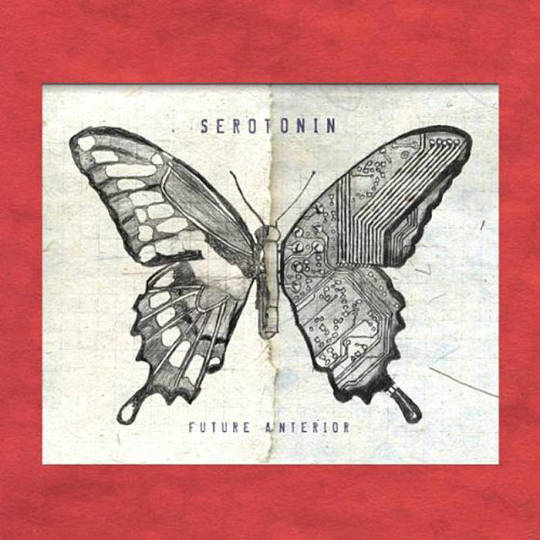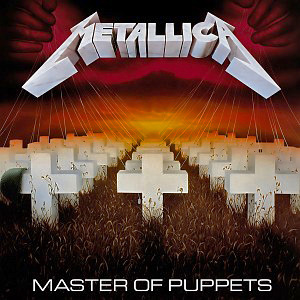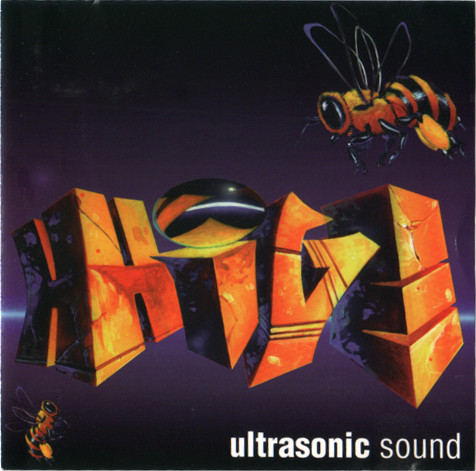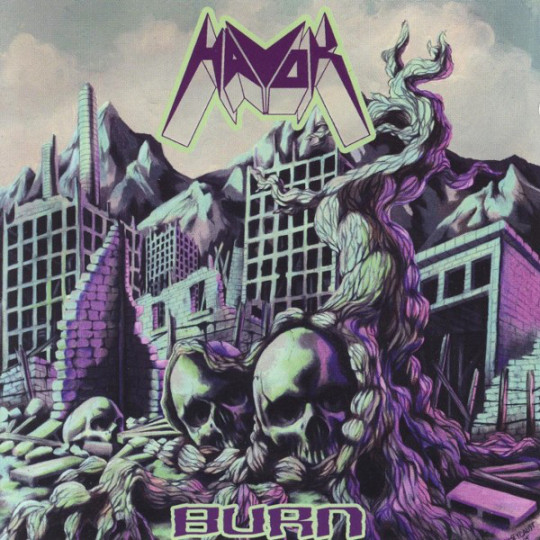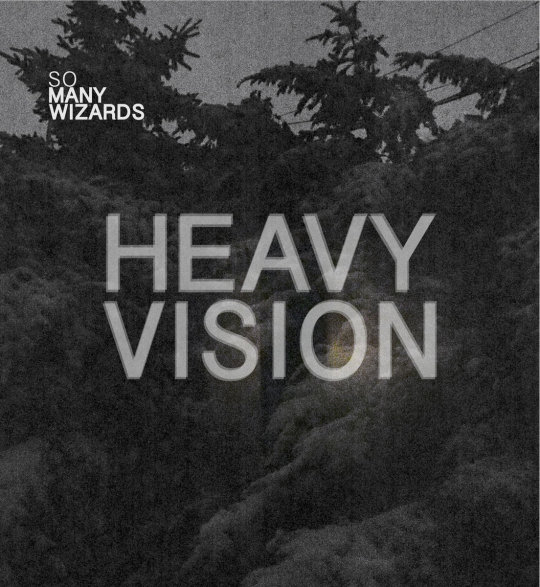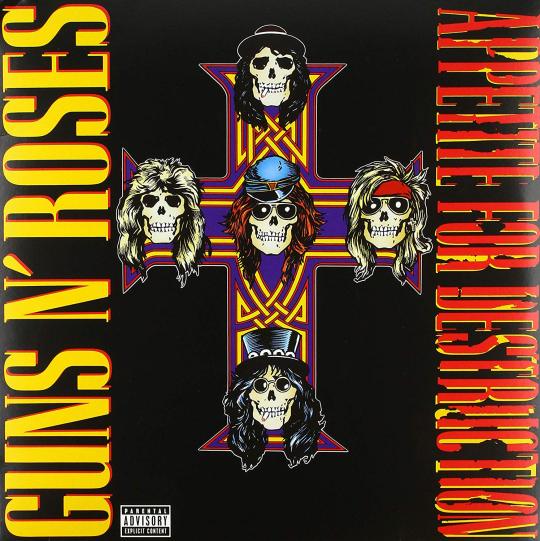
Released on July 21, 1987, Appetite for Destruction (Geffen Records) hardly even raised an eyebrow. It was the debut album by Guns N’ Roses, and the band immediately hit the road in support of the record. “It’s So Easy" was the first single released, a month before the debut dropped. The single, “Welcome to the Jungle” followed the debut on October 3, 1987. “Sweet Child O’ Mine” came in August of `88, “Paradise City" in November of `88, and “Nightrain" in July of `89. With the radio play of the middle three singles, the video for “Welcome to the Jungle" on MTV, and relentless touring by the band, in`88 Appetite became a massive commercial success. It was #1 on the Billboard 200 and became the best selling debut album of all time (the 11th best selling album of all time with 30 million copies sold).
Guns N’ Roses changed what was acceptable as Hard Rock, though for the general public, the band members themselves were completely unacceptable. Axle Rose (vocals) and Tracii Guns (lead guitar) were the original founders and the band’s namesake. But with larger than life personalities and even larger egos, the two could not keep it together. Guns left to form L.A. Guns, with moderate success (especially from their first couple albums). He was replaced by Slash and the fire was set. Duff McKagan, Seven Adler, and Izzy Stradlin finalized the lineup.
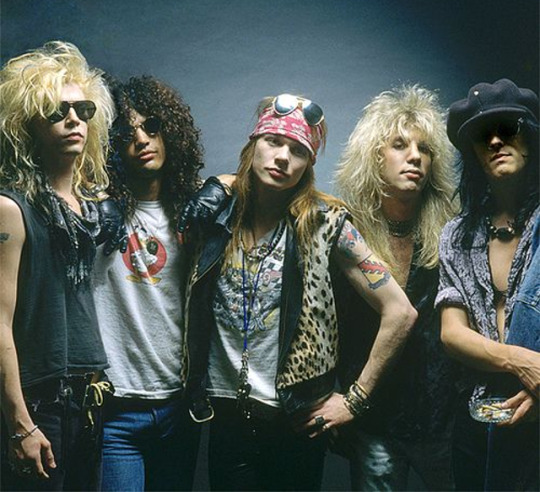
As noted above, G N` R instituted an irreversible change in the music industry, especially in the dark alleys of the Hard Rock / Heavy Metal world. Their appearance was (originally) “Big Hair,” but their sound was something else altogether. The band’s live shows were only an extension of the vision of Appetite. For the `80’s, they were wild! While the record was totally put together, it wasn’t long until the band, individually and collectively, began to show cracks. The song, “Mr. Brownstone,” for example, was about the band’s problems with heroin. They were no strangers to the police (before and during their success) in every town, state, and country; being known for violence and public intoxication. G N’ R were the poster children for “Sex, Drugs, and Rock-n-Roll.”
The original album cover art was based on Robert Williams’ painting Appetite for Destruction. It featured a robotic rapist about to be punished by a metal avenger. Record stores refused to stock the album with this cover, so the label moved this depiction inside and replaced the cover art with the classic Celtic cross and skulls of the five band members. The original artwork was a representation of the band (the metal avenger) wrestling back the power of the people from the system (the robotic rapist).
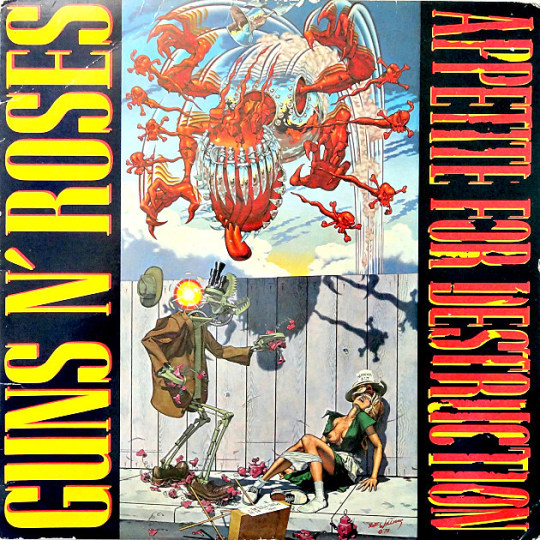
The song listing for the record reads like a list of chart toppers:
1. Welcome to the Jungle
2. It’s So Easy
3. Nightrain
4. Out ta Get Me
5. Mr. Brownstone
6. Paradise City
7. My Michelle
8. Think About You
9. Sweet Child o’ Mine
10. You’re Crazy
11. Anything Goes
12. Rocket Queen
Album Rating: 10/10!!
Favorite Songs: Welcome to the Jungle; It’s So Easy; Anything Goes
Stay Metal,
THE SAW




